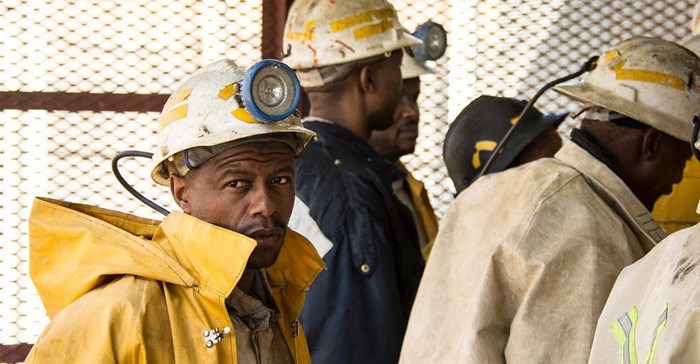
Top stories






More news









Logistics & Transport
Uganda plans new rail link to Tanzania for mineral export boost














The Minerals Council agrees that technology is only one part of what the mining industry needs. We have never advocated or presented technology as an antidote to South African mining ills. In fact, we know there is no panacea for the challenges faced by the industry but there is hope – hope that mining will not decline further but rather continue to be a significant contributor to the country’s GDP and support hundreds of thousands of people through direct and supporting industry employment.
Many industries are currently facing upheaval – the need to modernise and transform is not just within mining – we see the same happening in many other sectors of the economy. Almost all industries are faced with an urgent need to evolve or decline. Where sectors have not evolved, retrenchments have been widespread (among all skills groups).

What is unique about the mining cluster is that we are making a conscious decision to place the employee and community members at the centre of this transition – we are not simply aiming to replace people with technology, but fundamentally rethink the relationship between people and technology in mining.
Modernisation of the mining industry is not simply about technology; it’s a philosophy related to the way the entire industry operates. Often, modernisation and mechanisation are used interchangeably but mechanisation is more about the introduction of technology into a process, activity, or place while modernisation is the introduction of a new mindset that will set the industry on a new path. Modernisation is not just about mechanisation or the gradual implementation of new technology that could lead to the replacement of people with machines – it is a process of transition that will ensure our mines last longer, continue to provide employment and make a positive contribution to the economy.
We have recognised that that as a nation we have two strategic options – we either accept that much of the gold and platinum mining will seriously decline within the next 10 years, affecting close to 200,000 jobs and almost two million livelihoods, or we work collaboratively, urgently invest in R&D, manufacturing and a ‘just transition’ including up-skilling of employees to extend the lives of mines until we have even better mining systems that could further extend the lives of operation. And create new kinds of jobs.
The traditional argument that mechanisation and automation equals job losses is a narrow and naïve one. At no stage has the industry suggested the retrofitting of all existing operations, many of which have not been designed for the machinery or equipment required to fully mechanise operations. In these mines, the Mandela Mining Precinct (a public-private partnership in which government and the Minerals Council is co-investing) is working to understand what gold and PGM resources are still available (some low-grade and shallow) and how these can best be mined safer, easier and healthier for those who face the rockface every day.
Our meetings with trade unions and government have been highly successful with unions comfortable that the same operators working at the stope face today can be trained to use upgraded equipment designed to make their job simpler. Here, technology could certainly be used to make mining easier and more rewarding for those who work in the sector. Traditional rock drills, for example, can be designed more ergonomically to lessen the vibrational and noise impact on operators, orebodies can be explored remotely and secured ahead of any mining teams entering a development area.
If the domestic mining industry does nothing in terms of modernising, this would result in the closure of mines and the loss of as many as 200,000 jobs in the next ten years. A closed operation does not need any employees – skilled or unskilled.
We agree that reforming the enabling environment is necessary for a sustained revival of mining in South Africa. We have consistently indicated that we need R&D, local manufacturing, a just transition to modern mining with social dialogue, up/re-skilling and long-term policy certainty to make modernisation work.
Modernisation is a key strategic priority for the Minerals Council, and we aim to create an enabling environment for industry-wide change. We view modernisation as an opportunity to address some of South Africa's most concerning issues; issues such as ensuring the health and safety of miners, retaining and creating jobs, preventing the premature closure of mines, and providing essential commodities to the world in a way that is economically viable.
Mining is critical to the new, modern economy and a ‘modern’ view goes beyond technology.
South Africa has most of the elements and minerals critical to a green, low-carbon future, and pursuing a people-centred approach necessarily entails creating a broader, enabling environment, of which technology is a part.
It would be foolish for us to try and remain a 20th century industry in the 21st century economy. Modernisation is inevitable but we have a choice in how to do that.